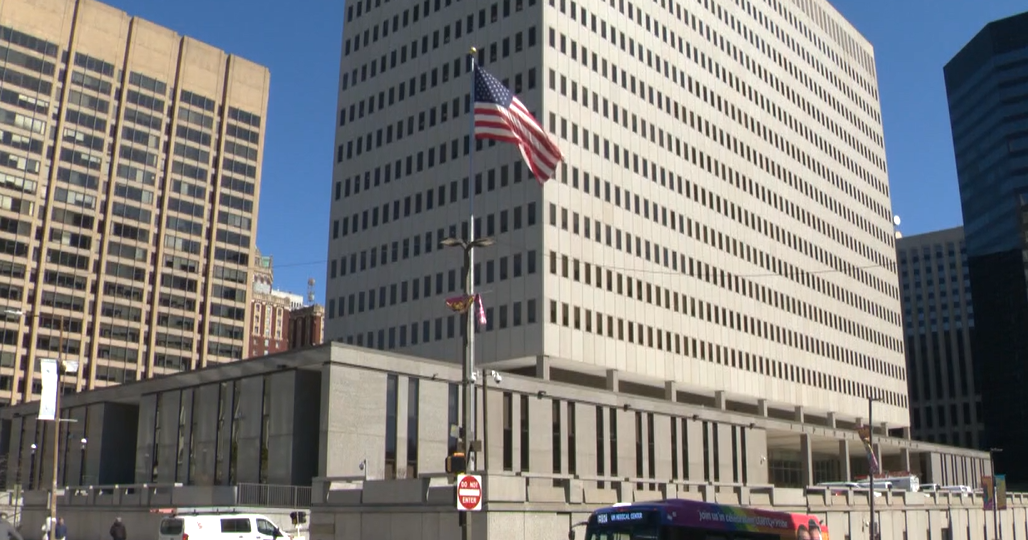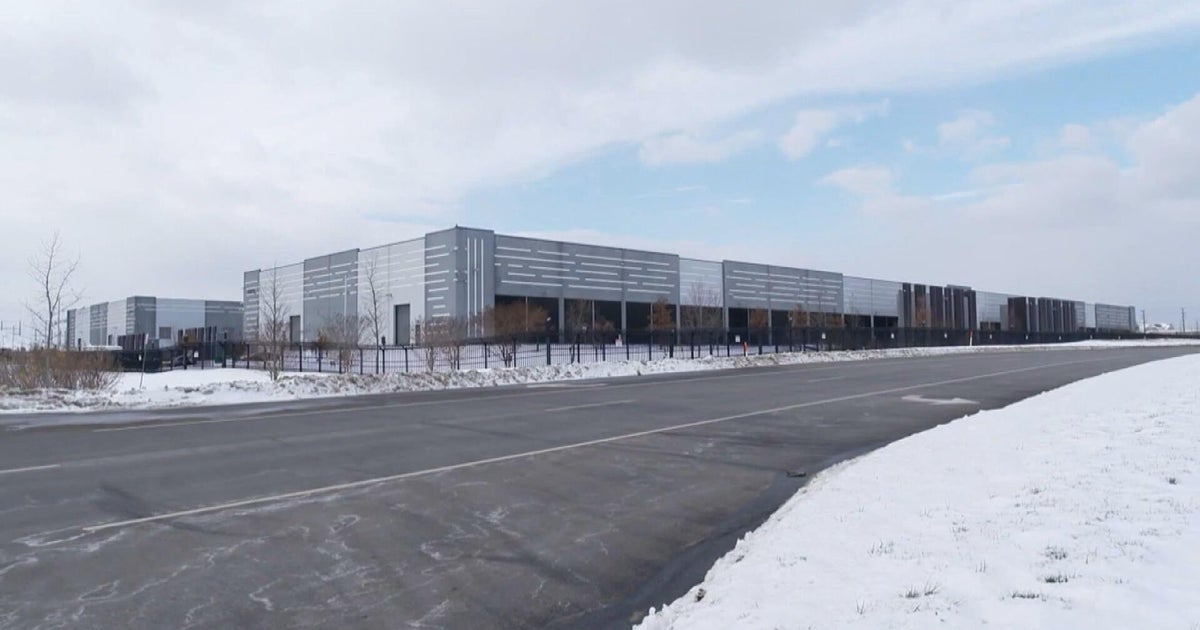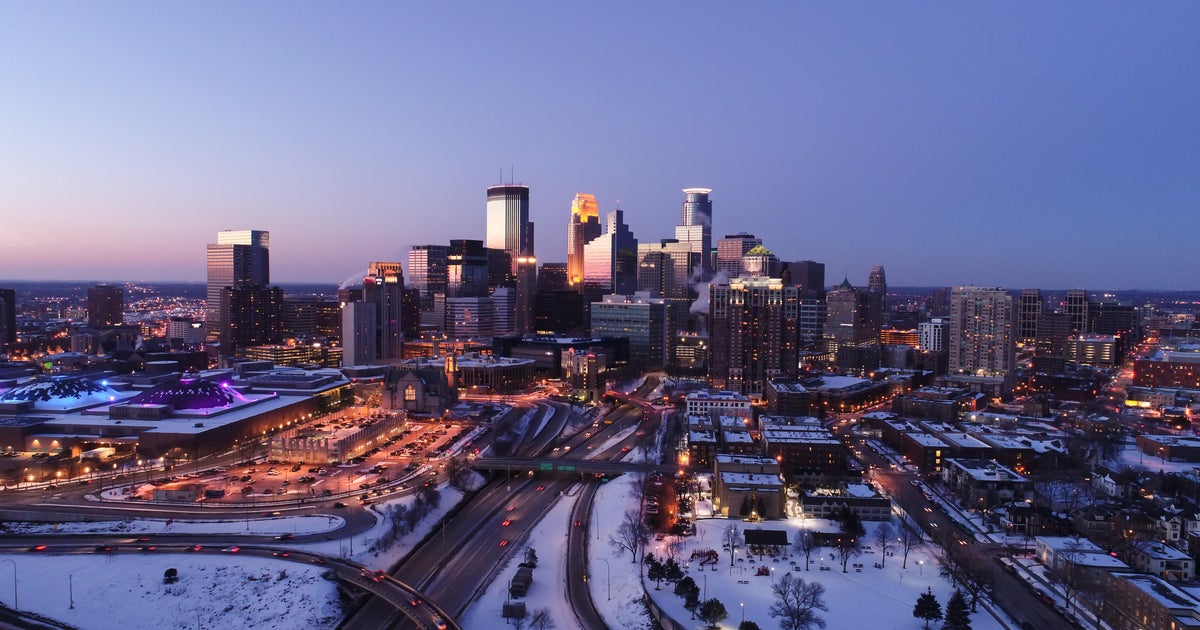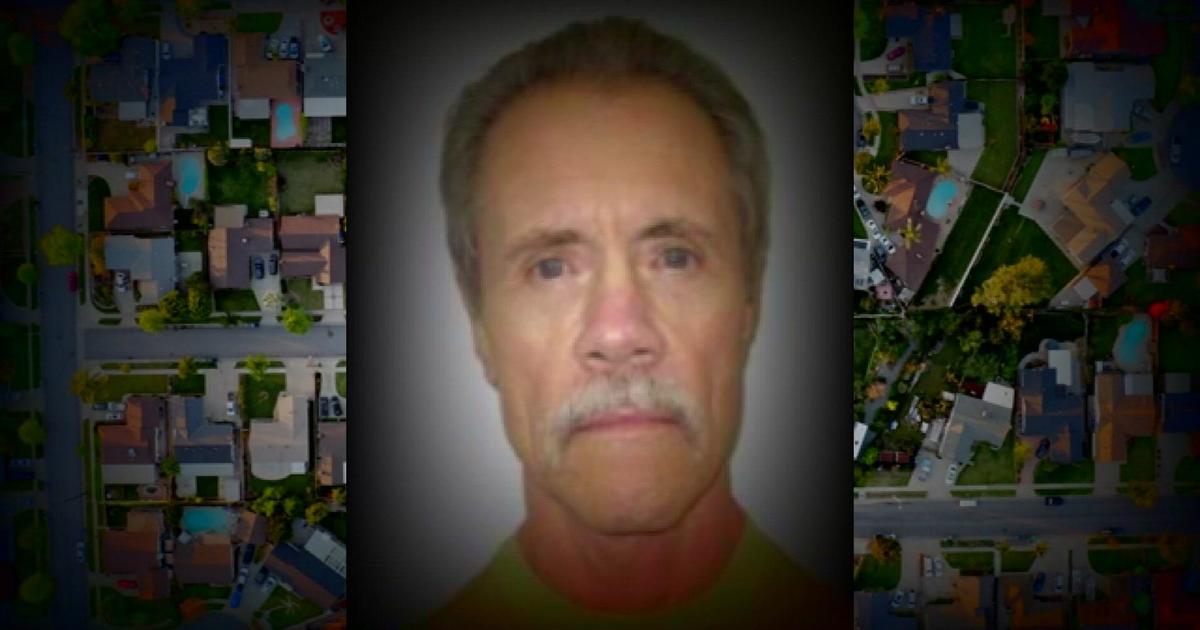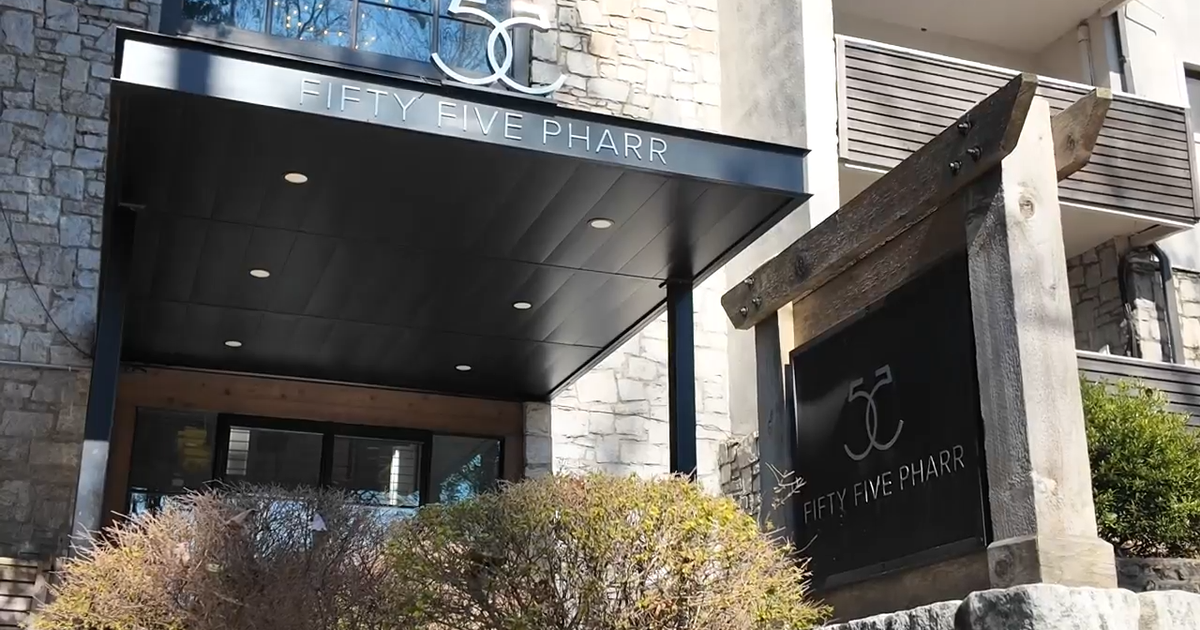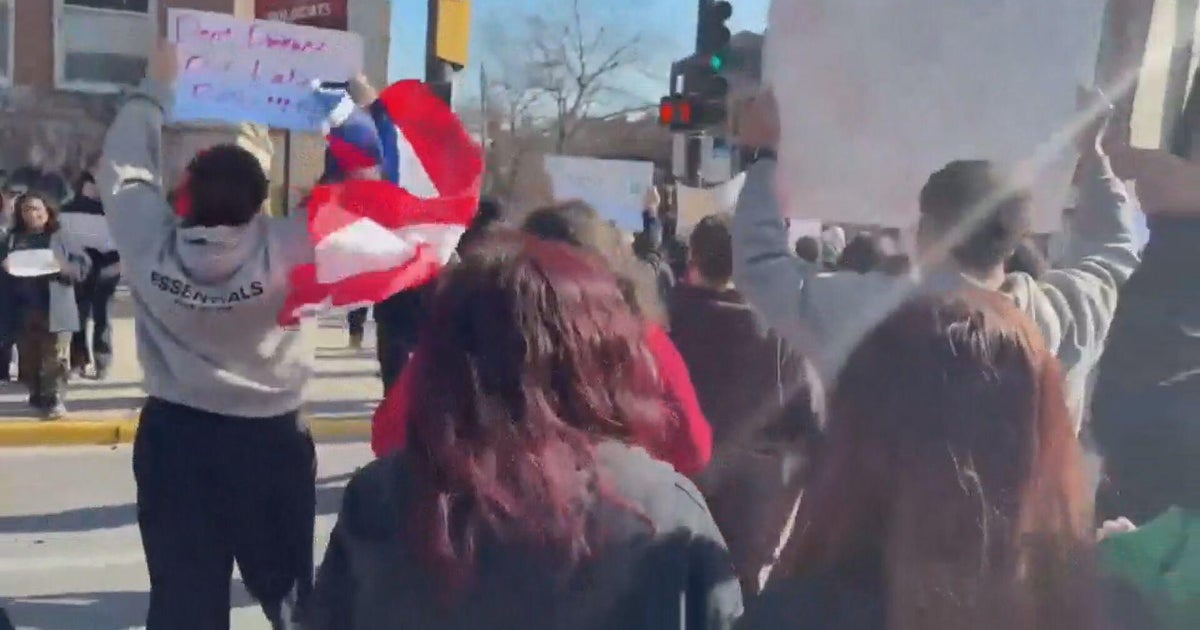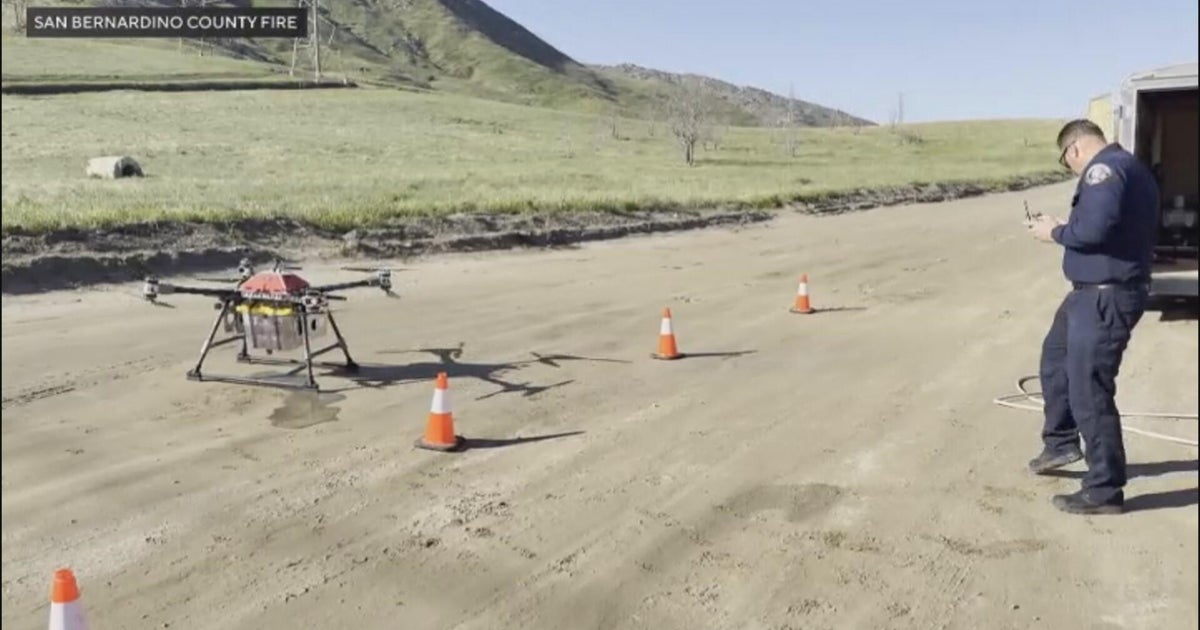Boil Water Advisory fully lifted in Baltimore, officials say no further contamination detected
BALTIMORE -- A Boil Water Advisory has been fully lifted for all of West Baltimore, Mayor Brandon Scott announced Friday morning.
The Baltimore Department of Public Works received clearance by the Maryland Department of the Environment to end the advisory based on water sampling results received Thursday night, the mayor said.
"We have found no further evidence of contamination and can assure our residents that water is now safe to use throughout the small advisory area and the initial impact zone," Scott said.
The Department of Public Works spent days flushing out the water system and testing more than 100 locations.
Officials said residents should "flush" water from their homes after a Boil Water Advisory. Click here for the steps you need to take now.
Cause of contamination remains under investigation
DPW Director Jason Mitchell said the department still doesn't know the cause of the contamination.
"It may be multiple things," he said, including construction in the area, two recent water main breaks or valve repair. Officials are still confident to lift because of rigorous testing, Mitchell said.
"The health and well-being of our residents is our top priority and we will keep working diligently to determine the source of the contamination and monitor for illness in partnership with our local health care providers," Scott said. "Thankfully, thankfully, we are now at this point, and we will continue to track the situation as a part of our post-incident procedures.
Mitchell thanked local agencies who made water distribution efforts possible. The DPW distributed over 103,000 gallons of water, he said.
Two water distribution sites will be discontinued at noon Friday: the Lansdowne library and the site at Middle Branch Park. However, the Harlem Park Middle distribution site opened at 9 a.m. and will stay open until 8 p.m.
Residents should still monitor for E. coli symptoms
Residents told WJZ they're relieved but still concerned.
"I'm still going to boil water," one woman said. "Yes, just to be on the safe side."
Earlier this week, Health Commissioner Dr. Letitia Dzirasa announced there were two possible E. coli infections being investigated.
Symptoms of E. coli-related illness can occur up to a week from exposure, and the commissioner said residents should monitor for symptoms such as nausea, vomiting, abdominal cramps and diarrhea.
The first case investigated was of a minor whose guardian reported they had stomach issues that began August 30. Dzirasa said those symptoms self-resolved, and that there was no conclusive link to contaminated water.
A second patient is currently hospitalized who tested positive for E. coli bacteremia, Dzirasa said, but that a definitive link to contaminated water hasn't been found.
"I want to reiterate that the most common cause of stomach bugs are actually viruses," she said. "Therefore further examination is needed to determine if a patient's gastrointestinal symptoms are caused by E. coli bacteria that normally occurs in our gut."
DPW issued the advisory Monday after E. coli bacteria was identified in water samples taken in several West Baltimore buildings.
The area immediately surrounding the locations were put under Boil Water Advisory while parts of the city south and southwest, along with part of the county, were placed under a Precautionary Boil Water Advisory.
On Wednesday night, the precautionary advisory was lifted for parts of the city and Baltimore County. That was when 24 of 25 samples taken in a follow-up round of testing came back negative for contamination.
The one positive sample was collected at a police station at 1034 N. Mount St. in Sandtown-Winchester, one of three locations where earlier tests came back positive.
Scott on Wednesday apologized for the inconvenience the contaminated water supply has caused Baltimore's residents. He announced everyone in the city would be given a 25% discount on water bills in the next cycle.
